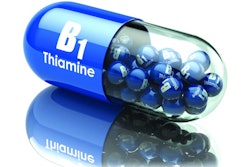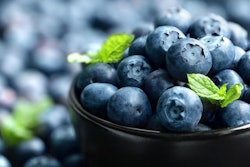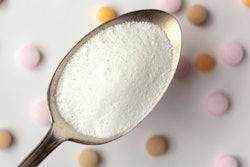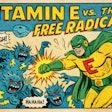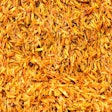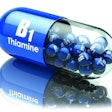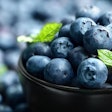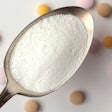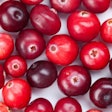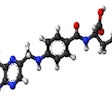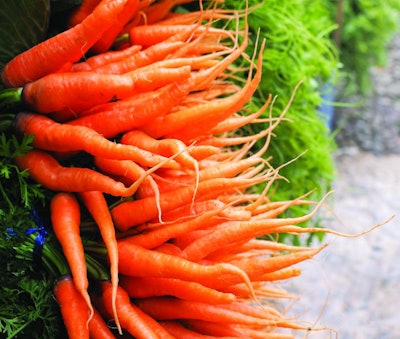
In most species (beta) β-carotene is a precursor to vitamin A (provitamin A), though its role in this function is up for debate for dog and cat diets. β-carotene is one of over 600 carotenoids. These compounds are 40-carbon molecules that are not soluble in water. They exist as long polyene chains with conjugated double bonds called the chromophore — the part which absorbs light and produces color. There are two categories: the carotenes like β-carotene and lycopene which are found in the lipid core of cell membranes, and the xanthophylls which include the polar compounds such as lutein, zeaxanthin, canthaxanthin and β-cryptoxanthin. Most of these latter compounds are associated with pigments.



